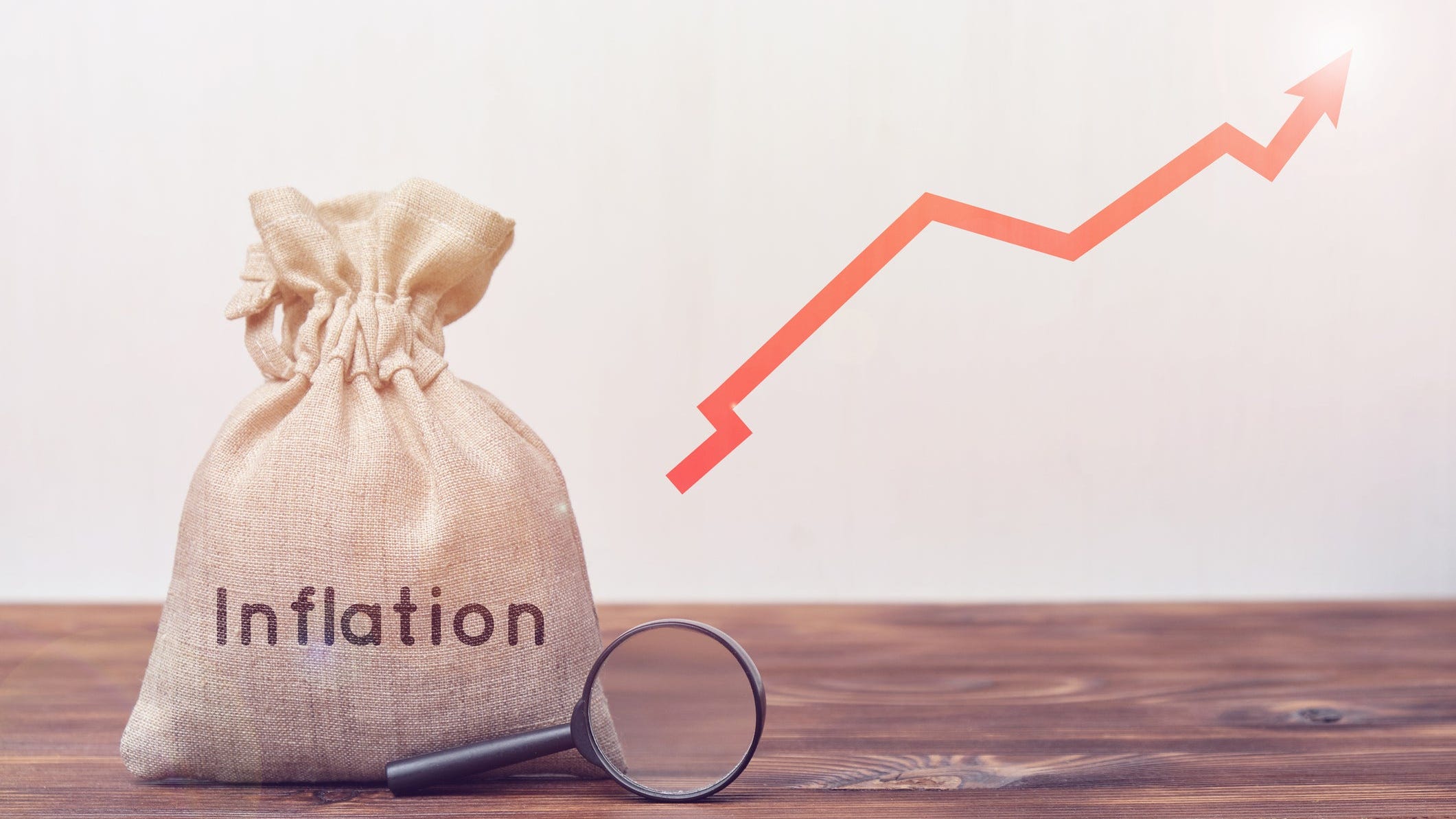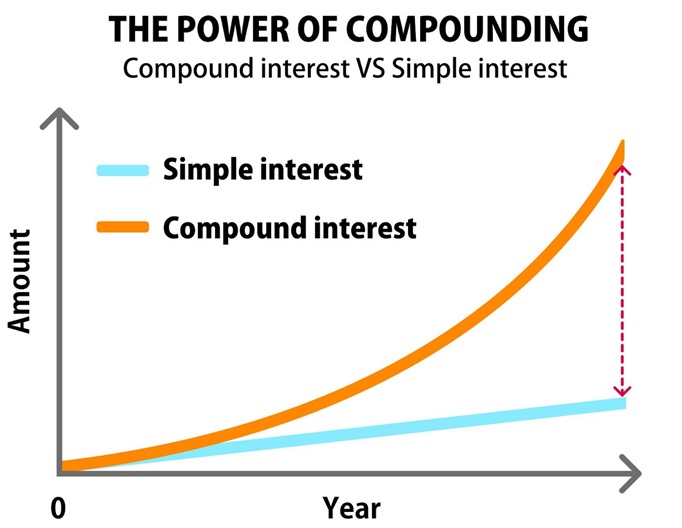Inflation refers to the overall rise in the price of services and goods over time. It significantly impacts investors, businesses, consumers, and the economy as a whole.
As Kavan Choksi / カヴァン・チョクシ says, moderate inflation has been a natural economic state for more than a century. Hence, it is vital for people to learn how to differentiate the inherent effects of inflation at any rate from what only comes into play during periods when inflation runs unusually high.
Kavan Choksi / カヴァン・チョクシ underlines a few ways inflation impacts the economy
Inflation involves the rise in prices of goods and services over a certain period of time. As prices go up, consumers tend to lose their purchasing power. This basically means that the power of a single unit of currency does not go as far as it did previously. While moderate inflation generally is not much of a concern, inflation may pose serious problems if prices rise too quickly.
Here are a few ways inflation impacts the economy:
- Erodes purchasing power: An overall rise of products over time lowers the purchasing power of consumers, as a fixed sum of money shall afford progressively less consumption. No matter the inflation rate, consumers do lose purchasing power, they simply lose it faster if the inflation rate is high.
- Disproportionately impacts lower-income consumers: As opposed to people with higher income, lower income consumers spend a higher percentage of their income on necessities. As a result, they have less cushion against the loss of purchasing power caused by inflation. It is common for policymakers and financial market participants to focus on core inflation. This measurement of inflation excludes the prices of food and energy as they are more volatile and less reflective of the longer-term inflation trends. But it is vital to understand that low-income families usually spend a relatively large chunk of their weekly or monthly household budgets on food and energy, which are commodities that are pretty hard to substitute or go without even when prices spike. The poor people are also less likely to own assets like real estate, which have served as an inflation hedge traditionally.
- Boosts real estate, energy, and value stocks: Historically, real estate has acted as a hedge against inflation because landlords can increase rents, even as inflation diminishes the real cost of fixed-rate mortgages. Rising commodity prices can accelerate inflation, and as inflation takes hold, commodities may adjust when growth decelerates. This is especially true for energy commodities, which often continue to perform well. Moreover, energy stocks, real estate investment trusts (REITs), and value stocks have historically outperformed during periods of high or rising inflation.
Kavan Choksi / カヴァン・チョクシ mentions that central banks and governments across the work have a powerful incentive to keep inflation in check. Monetary policy is widely used to manage inflation. In case inflation threatens to exceed the target of the central bank, policymakers can raise the minimum interest rate. This causes an increase in borrowing costs across the economy and helps constrain the money supply. Hence, inflation and interest rates tend to move in the same direction.



